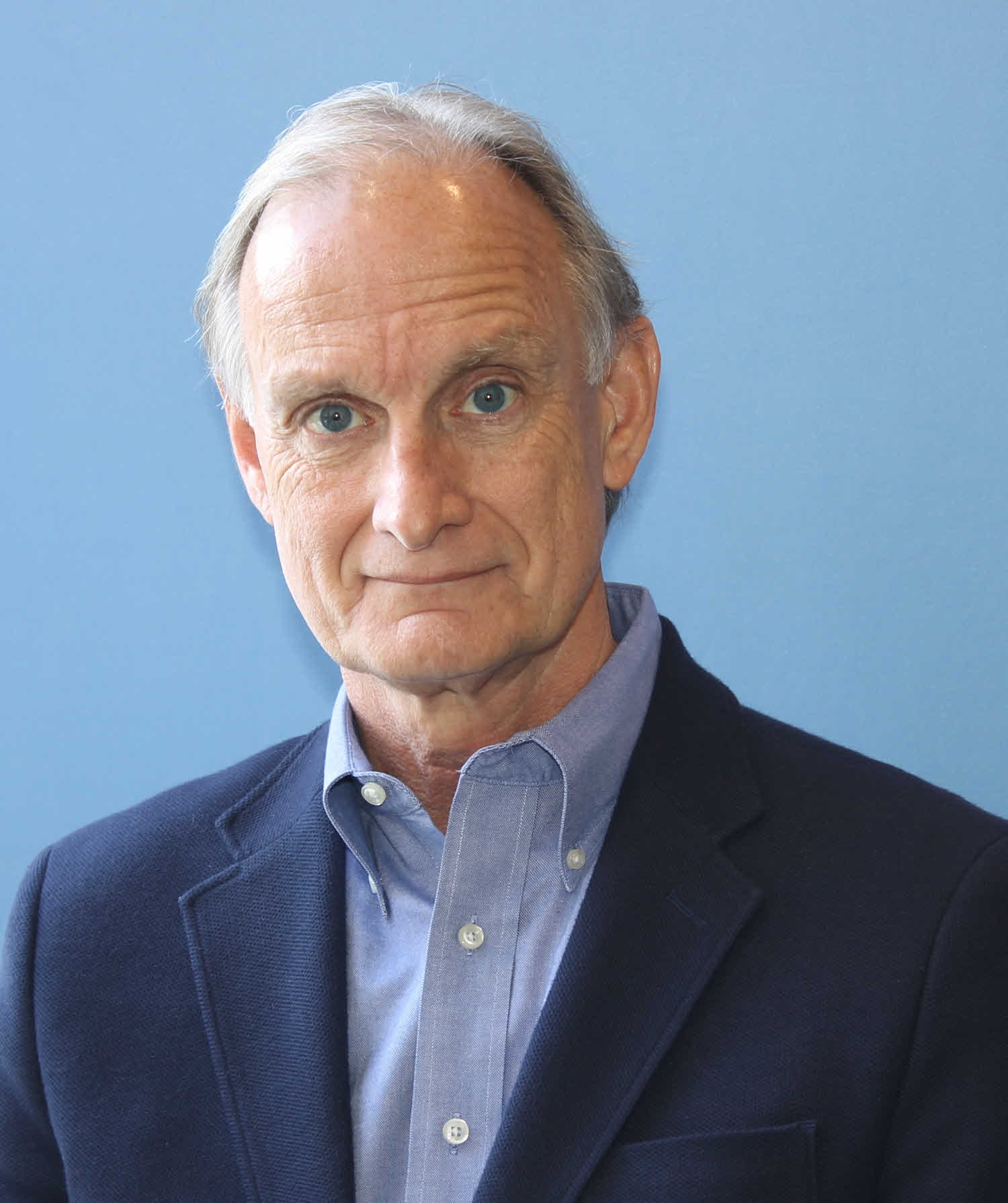Karl Kraus is senior business consultant with the Small Business Development Center and manager of the SBDC location at Temple University’s Ambler Campus. In his work with the SBDC, he provides general business consulting and advising services to businesses in the Greater Philadelphia Region. His focus is on companies involved in manufacturing, new product and service development and those firms commercializing new technologies.
What do you think are the biggest challenges in starting a business today?
Due to the incredible and unprecedented level of uncertainty since the beginning of the pandemic, it is difficult to do accurate forecasting for six to 12 months out. It’s hard to know what your competition is going to do or the state they will be in. The availability of capital is another major challenge. Today, banks have entered a period of limited willingness to lend. Entrepreneurs would be well served if they had access to resources to help manage these problems.
How has COVID-19 impacted the role of Temple’s Small Business Development Center?
The pandemic has greatly impacted the focus on business resiliency and recovery. The number of clients has greatly increased recently, and demand for our services has skyrocketed. We’ve had to develop a greater understanding of the different resources available, such as federal state and local government relief programs. To some extent, we have encountered a great deal more emotional issues with clients as they have had to manage the effects of the pandemic on their businesses and lives.
At the same time, we have had to very quickly convert from a consulting style based upon face-to-face interactions to remote interactions with clients. A great deal of my focus has been upon manufacturing businesses, and being unable to directly tour business sites forced me to evolve and come up with new strategies to understand the needs of our clients.
Overall, I would say that assisting clients in managing the emotional effects of the pandemic has been one of our most important roles. I have noticed that entrepreneurs are starting to successfully adapt to these changing circumstances and I have been amazed by their resilience.
How has COVID-19 changed the entrepreneurial landscape?
For existing companies, the focus has shifted from growth to resilience and survival. There has been a much more conservative approach to growth. For pre-venture and early stage product development companies in particular, access to funding became increasingly difficult after the pandemic started. Companies have to be more careful when growing or adding new employees, as the pandemic increased uncertainty. A lot of the businesses I have worked with have shifted their focus towards ways they can provide value in fighting the pandemic, such as PPE production, contact tracing and the identification of pandemic hotspots. Businesses providing products for industries affected by the pandemic, such as the oil and natural gas industry, shifted their focus to the production of equipment for other industries.
How should entrepreneurs change their approach to business in the current economic climate with COVID-19?
The need or desire to pursue growth should not be halted, but the manner in which entrepreneurs pursue growth needs to change. The traditional route of just looking for a bank loan to grow your business has become more difficult. For example, a client was looking for new applications for existing products for other markets, rather than trying to grow their traditional marketing segment.
Entrepreneurs need to be willing to expand their minds in how they pursue growth. I worked with a salon which, due to social distancing guidelines, was restricted in the total number of stylists that can be working at any given time. The client responded by extending the number of days they are open from five to six days a week, and their hours of operation. Through this strategy, they were able to avoid the need for layoffs. This is a great example of a business that had its ability to service clients restricted during a time where the demand for hair styling has never been greater, and the business was able to successfully adapt to service this need.
It is important for businesses to be able to offer consistent service without interruption. I’ve noticed an increase in consumers’ willingness to switch where they shop due to the recent business interruptions. A business that is able to offer uninterrupted service has a great advantage in the current market.
What is the most common issue you have had to help clients with recently?
The biggest issue that I have been helping clients with recently is helping them to understand how to deal with the evolution of customer behaviors due to coronavirus. The changes they need to make in their operations in order to comply with social distancing guidelines and often to go beyond that so that customers not only legally can go shop there, but so that customers feel safe shopping there. I’ve put a lot of work into ensuring that the practices adopted by my clients allow customers to feel safe, such as limiting the number of customers allowed in a store at any given time.
If you would like to set up a no-cost appointment with one of Temple SBDC’s business consultants, please sign up here.

